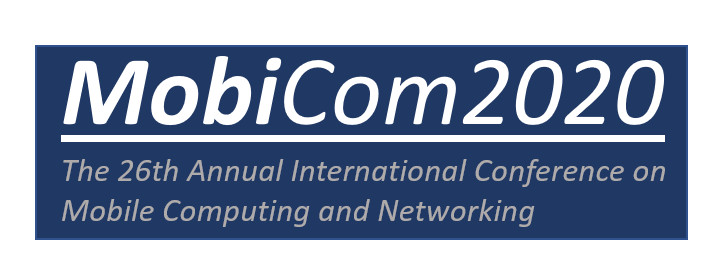Keynote Speakers
Two exciting keynotes are confirmed to be given by Christos Bouganis (Imperial College London) and Koen Helwegen (Plumerai) with more to come.
Deep Neural Networks in the Embedded Space: Opportunities and Challenges

Christos Bouganis
Intelligent Digital Systems Lab (iDSL), Imperial College London
The talk will discuss the challenging problem of designing Deep Neural Network systems that achieve high performance under low power envelopes, enabling their deployment in the embedded space. We will specifically focus on the opportunities that are provided when customisation of the design is possible, through the use of reconfigurable computing, with emphasis on recent efforts in automating the design of such systems.
Taking Efficient Deep Learning to the Extreme with Binarized Neural Networks

Koen Helwegen
Plumerai Research
Binarized Neural Networks (BNNs) are deep learning models in which weights and activations are encoded not using 32, 16 or 8 bits, but using only 1 bit. These models promise much lower memory requirements as well as extremely efficient execution, as expensive convolutions can be reduced to simple xnor and popcount instructions. They may revolutionize the field of deep learning on the edge.
However, several fundamental and practical obstacles have limited the use of BNNs in real-world applications. Existing gradient descent-based optimization algorithms cannot be applied directly to BNNs due to their discrete nature. Support on existing hardware platforms is limited. Popular frameworks such as TensorFlow and TensorFlow Lite do not support implementation, training and deployment of BNNs.
In this talk, we discuss the integrated approach that is needed to tackle these issues. We explore research by Plumerai and others that is pushing the capacity to design and train BNNs, including the binary optimizer Bop and recent progress in the application of knowledge distillation to BNNs. We present the Larq Ecosystem, a family of open-source libraries we developed to facilitate development and deployment of BNNs. We have arrived at an exciting time where It is possible to grab a pretrained, state-of-the-art BNN, finetune it for the task at hand and deploy it for inference on several popular hardware platforms, including Armv8-a.
Secure Aggregation for Federated Learning and Analytics

Adrià Gascón
Google
In this talk I will present recent results secure multi-party computation protocols for aggregation of large vectors, and their role in Federated Learning (FL) and analytics (FA). I'll introduce the first constructions for secure aggregation in the FL setting that achieve polylogarithmic communication and computation per client. Our constructions provide security in the semi-honest and the malicious setting where the adversary controls the server and a 𝛾-fraction of the clients, and correctness with up to 𝛿-fraction dropouts among the clients.
Beyond improving the known asymptotics for secure aggregation, our constructions achieve efficient concrete parameters. For instance, the semi-honest secure aggregation can handle a billion clients at the per client cost of the protocol of Bonawitz et al. (CCS2017) for a thousand clients. In the malicious setting with 104 clients, each client needs to communicate only with 3% of the clients to have a guarantee that its input has been added together with the inputs of at least 5000 other clients, while withstanding up to 5% corrupt clients and 5% dropouts.
I will also discuss an application of secure aggregation to the task of secure shuffling which enables a cryptographically secure instantiation of the shuffle model of differential privacy, and conclude discussing open problems in this space.
-
Keynote Speakers

Christos Bouganis
Imperial College London
Koen Helwegen
Plumerai Research
Adrià Gascón
Google
Important Dates
- Paper Submission Deadline:
May 15th - 11:59PM AOEJune 5th - 11:59PM AOE - Author Notification:
June 29th - WiP and Demo Deadline:
May 30th - 11:59PM AOE - Workshop Event:
Friday, 25th Sept 2020
- Paper Submission Deadline:
Call for Papers [PDF]
Committees
Keynote Talks
Attendee Information
Technical Program
Prior Workshops
Submissions


